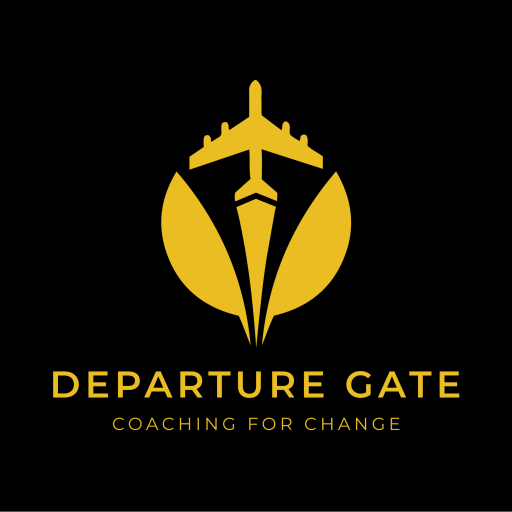
Change can be risky, and often when life presents an opportunity that means making a big change we have an initial period of excitement, imagining all the good things, followed by emerging doubts about all the things that could go wrong if we take the leap.
Our minds are good at bombarding us with these doubts. Day after day, an endless chatter of “what ifs” comes into our heads, and even if we are not persuaded by these fearful messages, it can make things uncomfortable. It can also stop us focusing on the things we need to be paying attention to in order to make a successful change like a transition into a new job or a big move to another country.
We humans have evolved into risk-averse creatures. Nature has killed off out those genetically predisposed to ignore life-threatening risks over tens of thousands of years. A lot of controlled studies show that people often decline opportunities that even a simple arithmetic calculation would show are worthwhile risks. Nobel laureate Daniel Kahneman co-developed Prospect Theory based on his studies in this area. He showed that in contradiction to earlier economic models, people often don’t make good decisions because they are too concerned with losses.
Change coaching can help sort out the wheat from the chatter! The coaching process can help you uncover the truth of your situation, and provide you with tools to “dial down” the inner doubts so that they can inform rather than dominate your decision-making. It’s not about ignoring doubts, but rather being able to critically assess them and give them due weight.
This ability to listen to our inner voice in an objective way is a very useful skill. It affects not only the big decisions, but all those every day situations where we may be a prisoner of habit, dictated to by our inner self-talk. These habits are often limiting : “I’m a useless dancer”, “The boss would never agree to a pay rise”, “Best to stay in my comfort zone and avoid trouble”. Coaching can help you listen to the talk, understand it, put it in perspective and thus live a more flexible, fulfilled life



 Once upon a time, I worked for a large US-based corporate company, and a great deal of time was spent on ‘strategy’. What this usually meant was that someone had an idea for a new product or a particular way of cutting costs or some other notion they thought would be helpful which would involve a lot of work to implement and take a long time, so was ‘strategic’.
Once upon a time, I worked for a large US-based corporate company, and a great deal of time was spent on ‘strategy’. What this usually meant was that someone had an idea for a new product or a particular way of cutting costs or some other notion they thought would be helpful which would involve a lot of work to implement and take a long time, so was ‘strategic’.